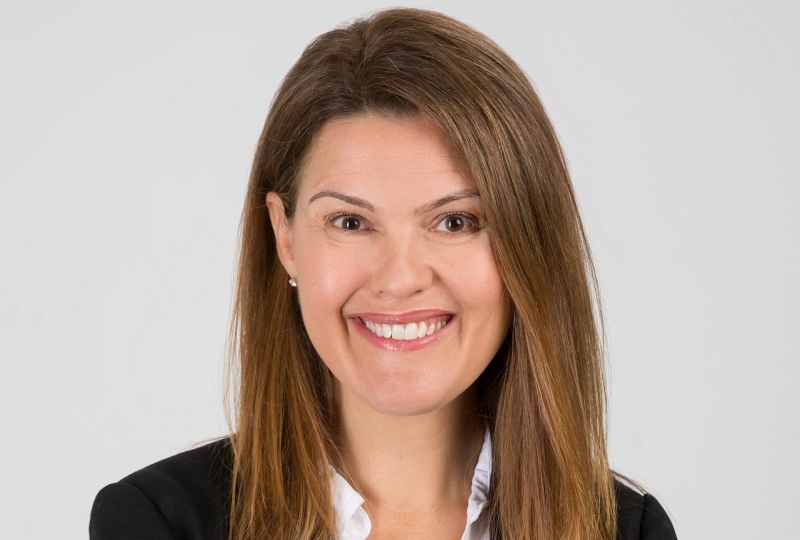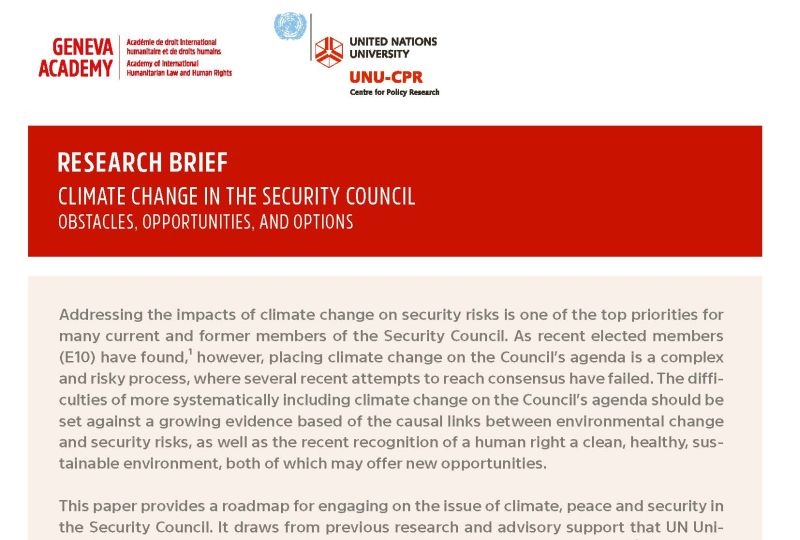The 13-page brief outlines a series of interim strategies – from pushing for an expanded Peacebuilding Commission mandate to leveraging the human right to a clean, healthy and sustainable environment – to advance a climate priority in the Council.
‘Our approach and recommendations take into account existing challenges and geopolitical hurdles at the Council: we are very much aware that any approach to climate security will need to account for the risk that attempting ambitious action today could have the unintended consequences of setting issues backward’ explains Dr Day.
To contextualize its recommendations, the paper also provides an overview of the main causal pathways between climate change and insecurity, as well as a short history of how the Council has addressed climate change in the past, including a list of all its relevant climate-security events.









